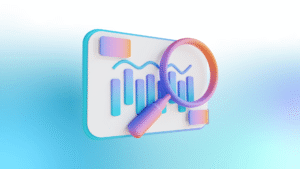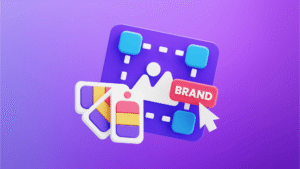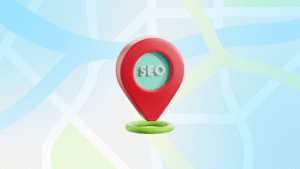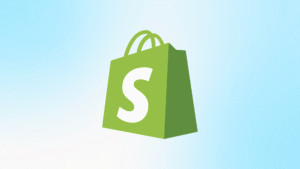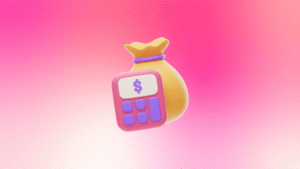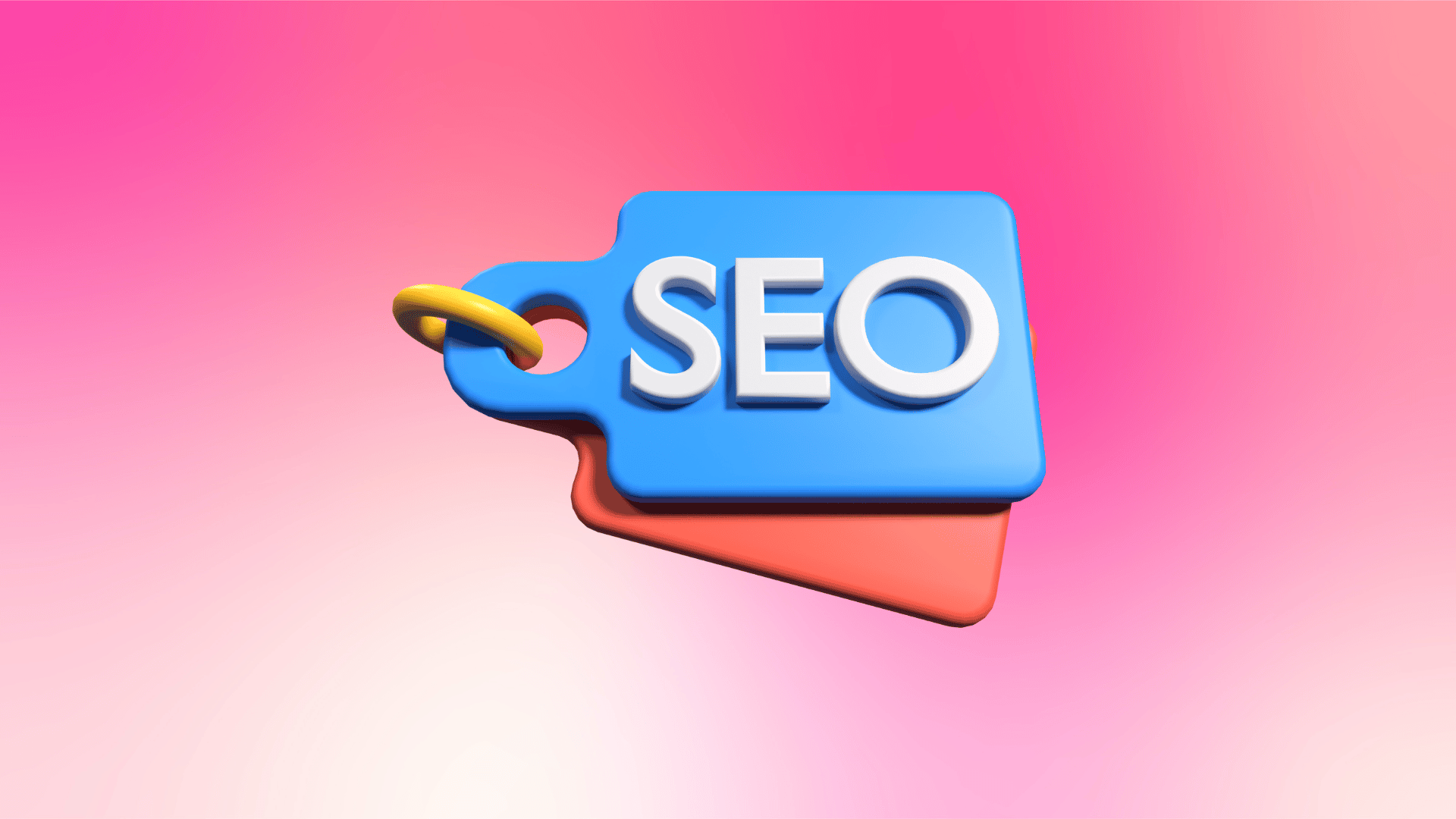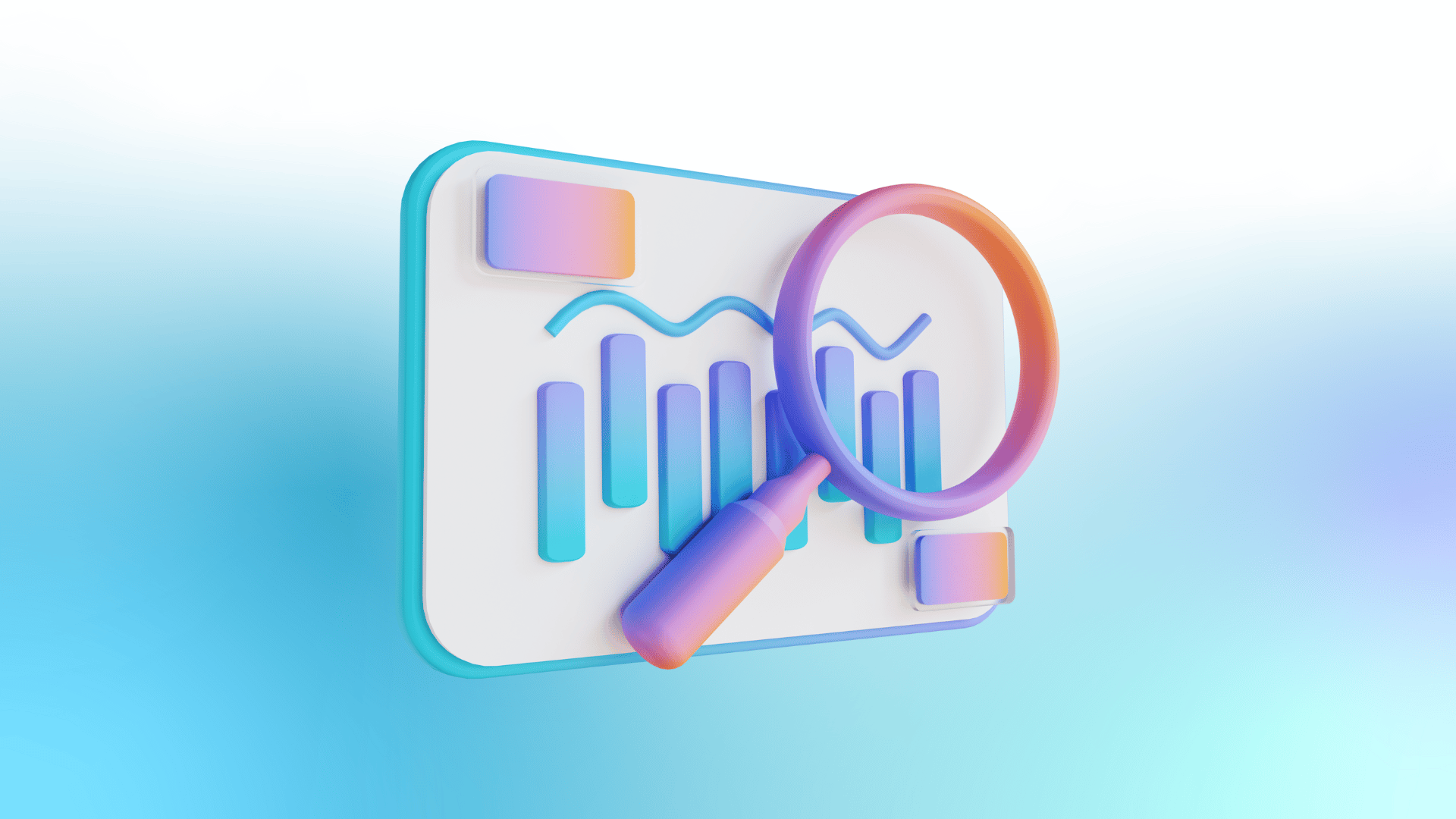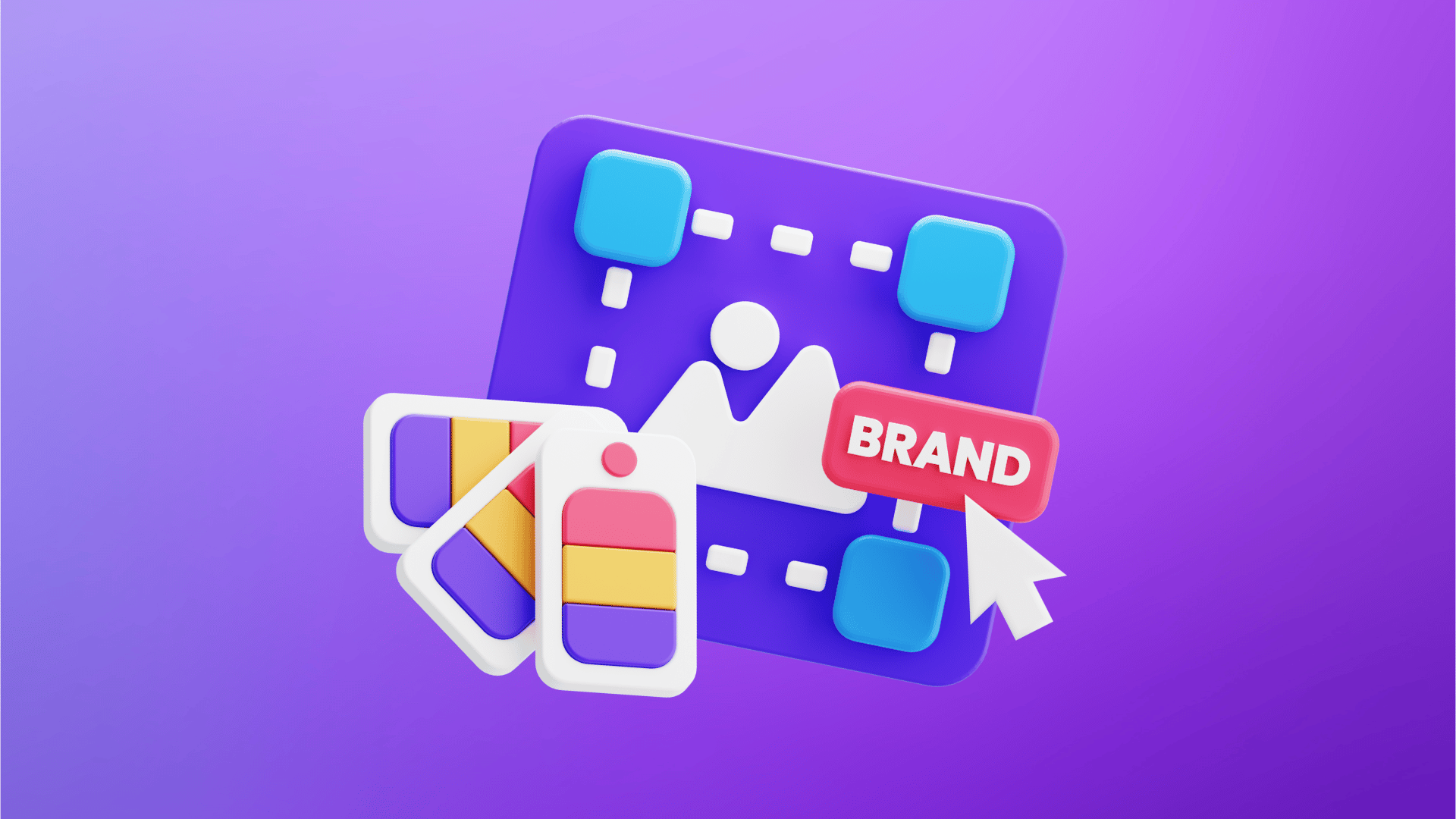There are many things that will confuse you in life.
And Facebook ads cost is one of them!
Why? Because of three reasons….
- There is no standard Facebook ads pricing structure
- The actual cost depends on many things like – location, budget, etc.
- The ads pricing changes with time
But don’t worry because I have already decoded this mystery for you.
So, how much do Facebook ads cost in 2024?
Well……the social media giant bills advertisers on the basis of two key metrics – CPC (cost per click) and CPM (cost per mile).
The average CPC (cost per click) in July 2024 is $0.69.
And the average CPM (cost per 1000 impressions) in July 2024 is $9.73.
Now that you have a rough idea of Facebook advertising costs, let’s dig deeper into the topic.
How Does Facebook Ads Pricing Work?
Are you curious about how Facebook ad pricing works?
Let me break it down for you…..
There are two main ways to look at Facebook ads costs –
Total cost: This is the total amount you spend on a Facebook ad campaign or over a specific time period.
Individual ad cost: This is the cost for each result – like an impression, click, or lead.
Now, when it comes to buying Facebook ads, you have three options –
1. Auction
This is the most popular method.
You set a maximum spend…. and Facebook tries to get you the most results for the lowest cost.
It’s like war where you compete with other advertisers for placement.
And when you win the bidding war- your ad will be displayed!
2. Reservation
This option is available for campaigns focused on awareness and engagement goals.
It allows you to reach large audiences (over 100,000 people) consistently.
Note:
It’s not the cheapest per action and requires a high overall budget.
3. Target Rating Points
This option is only available to select advertisers.
It uses Nielsen target rating points….. just like TV campaigns.
Pro Tip:
If you’re new to Facebook ads, I recommend setting a maximum campaign budget – and using the auction method. This way, you can let Facebook do the heavy lifting for you.
For more experienced ad buyers – using reservation and target point bidding might be a better fit.
Understanding Facebook Ad Auction
Did you know?
The majority of the advertisers go with Facebook ad auctions.
In fact… data shows that billions of auctions take place every day across the Meta platform.
And if you are just starting with Facebook ads – then this is the best option for you.
So…. how does Facebook ad auction work?
Well… it works just like an auction!
Facebook Ads work on a pay-per-click (PPC) model.
The ads you see are the result of a bidding process.
In this auction – you have to place your bids based on how much you are willing to spend on a campaign.
When you publish your ad campaign… Facebook puts your bid in a pit to compete against others who are targeting the same audience.
The highest bid wins the auction and gets their ad shown to the target audience.
As an advertiser, you can also choose a campaign optimization option like automatic bidding.
Here, Facebook adjusts your bids to get better results.
This option helps you get the most out of your campaigns.
Pro Tip:
If you place a higher bid, your ad is more likely to appear in your audience’s feed.
But…… if your ad is of high quality and relevance – you could achieve a lower cost-per-click (CPC).
Why? Because Facebook rewards ads that offer a better user experience.
How Much Do Facebook Ads Cost?
Every advertiser asks this question when planning their budget.
The answer isn’t simple because – Facebook advertising costs depend on many factors.
But we can look at benchmarks to get an idea.
Caution:
Costs vary greatly across different industries……
So, knowing where you stand can help you calculate your ad expenses.
To help you understand, I’ve gathered the main cost metrics for Facebook advertising.
Facebook Ads Cost Per Click (CPC)
Cost per click is the price you pay each time someone clicks on your ad such as – clicking a call-to-action button.
According to Revealbot, the average CPC on Facebook as of July 2024 is $0.69.
The databox study shows that the cost is $0.40 per click.
But costs vary by industry – a healthcare ad averages $0.75 per click, while an education ad might only cost $0.45 per click.
Example:
If you’re selling a product that costs $60 and have a conversion rate of 3% – you’ll need about 33 clicks to make one sale.
With an average CPC of $0.69 – you’ll need a budget of at least $22.77 for one sale.
This leaves you with a profit of $37.23.
If your product costs less than $22.7 – you would need to adjust your strategy to lower your CPC.
Note:
The cost tends to increase during the festive season. For instance – there were spikes to $0.88 during Black Friday in November 2023.
Facebook Ads Cost Per 1000 Impressions (CPM)
Cost-per-mille (CPM) = the cost for 1,000 views or impressions
Impressions are the number of times your ad is shown to Facebook users.
The average CPM (cost per 1000 impressions) in July 2024 is $9.73. (Revealbot)
In 2024, Databox reported an average CPM of $5.61 for Facebook ads.
Statista’s 2023 study shows CPM varies by industry – with tech ads having the highest average CPM at $9.98.
Example:
If you are running a marketing campaign and want to reach 50,000 people….
You’ll need a budget of $486 at CPM of $9.73.
Facebook Ads Cost Per Lead (CPL)
You can also use Facebook to generate email leads.
This metric gives you a wider picture of the cost. It is the total cost to generate one lead.
According to Revealbot… The average CPL in July 2024 is $7.86.
The average cost per lead ranges from $5 to $7 – according to Databox.
Note:
Not all leads will convert – so make sure you take other metrics into consideration.
Facebook Ads Cost Per Action (CPA)
Cost per action is the average cost of all actions taken through your Facebook ads.
CPA = Total Cost/Total Actions
According to WordStream….. The average CPA across all industries on Facebook is $19.68.
Data from Business of Apps show that the average CPA for Facebook ads is between $8 and $55.
Fun Fact:
A higher cost doesn’t mean your campaign is “poor.” It might just mean your audience is harder to reach and needs a bigger budget.
Facebook Ads Cost Per Like
This is the cost of getting likes on Facebook posts.
The average cost per like is between $0.00 and $0.25.
Fun Fact:
62% of businesses pay less than $1.00 per like.
Facebook Ads Cost Per Engagement (CPE)
Cost per engagement (CPE) is the amount you pay each time someone interacts with your Facebook ad – such as liking, sharing, commenting, or clicking on it.
The average cost per engagement on Facebook is $0.079 in July 2024, as per Revealbot.
Facebook Ads Cost Per Install (CPI)
You can also use Facebook to encourage the target audience to install your product.
According to Revealbot – the cost per install is $2.86 in July 2024.
The average cost per download is between $0.00 and $5.00.
Fun Fact:
Only 2% of businesses spend more than $10.00 per download.
This cost can vary widely based on – industry, ad quality, and time of year, budget, and other factors.
Average Facebook CTR
The average click-through rate (CTR) for Facebook ads across industries is 1.49%.
Did you know?
This is higher than the average CTR for all social media advertising. It was 0.98% in Q4 2023.
Average Monthly Facebook Ads Spend
Wondering how your ad spending compares to others?
The average monthly spend on Facebook ads = $1,691.08.
Note:
You don’t need to match or exceed this to be successful. It is just to give you a rough figure to consider.
Factors Affecting Facebook Ads Cost
As we have discussed at the beginning of this guide – there are many factors that come into play when determining your Facebook ads cost.
Let’s take a look at these factors….
Target Audience
When it comes to reaching people with Facebook ads, not every audience costs the same.
It might cost more to target a specific group than a broader one.
Hey, but that’s okay because it often leads to better results.
Just think about it
You could spend 20 cents per click to target everyone aged 18 to 60 in your city.
You might get a few people buying your product.
But…..
If you spend $1 per click to target young people aged 15 to 40 who are obsessed with fitness products – you could get a lot more sales—even though it costs more upfront.
Pro Tip:
Setting up your target audience is easy using Facebook Ads Manager.
You can choose location, demographics, interests, and more.
But now, Facebook has this cool thing called Advantage+ audiences.
It uses AI to find the perfect people for your ads – and it often costs less to get results compared to manual targeting.
Campaign Objectives
Your Facebook advertising cost will depend on the campaign objective you choose.
For instance – if you objective is sales… the cost will be higher than that for a simple click objective.
When it comes to Facebook ads, your campaign objectives are very important.
They’re not just about cost—each objective helps Facebook figure out who’s most likely to respond to your ads the way you want them to.
Picking the right objective means – you reach the right people and get the results you’re after.
You’ve got six options to choose from –
- Traffic
- Awareness
- Engagement
- App Promotion
- Leads
- Sales
Note:
Remember, if you’re into reservation bidding, stick with Awareness or Engagement objectives.
For the others, you’ll only view the Auction buying option.
Ad Quality
As I said before – while a higher bid is important – so is the quality of your ad.
Facebook takes user experience into account when showing ads.
And if your ads have quality – you can even get good placement with lower bids.
So, how does Facebook rate your ads?
On the basis of three things –
Quality ranking: First, there’s the quality ranking, which judges how relevant your ad is to your audience compared to others.
Engagement ranking: Then, there’s the engagement ranking, which looks at how many people interact with your ad.
Conversion rate ranking: Lastly, the conversion rate ranking predicts how well your ad will turn clicks into actions compared to competitors.
These scores aren’t set in stone, but they give you an idea of how well your ads stack up.
Go to the Ads tab of Meta Ads Manager to check the scores.
And, if your ad doesn’t have a score, Facebook still needs more data.
Pro Tip:
To boost your score……keep your ad copy real and avoid any tricks to get clicks.
Use proper language and tone, too—fun is good, but going overboard with caps and exclamation points isn’t.
Note:
Scores are grouped into categories like – above average, average, and below average.
It’s smart to check these regularly so you can tweak low-scoring ads to perform better.
Ad Placement and Format
Placement is where your ads will show up.
And as you know – Meta has lots of products under its umbrella to showcase your ads at different places.
But, like all things…..different placements have different costs.
For instance
Competitive ad placements like the News Feed will cost you more than less visible areas on Facebook.
But remember….. Ad placement is very important!
Why? Because it’s where your ads pop up.
It could be in the news feed, right column, or even in places like Facebook Marketplace.
The ad format also affects the cost.
A single image will be cheaper than running a video ad.
Depending on what you want to achieve—you can choose different formats.
You might go for an image, a video, a carousel of images, or even a collection ad.
Pro Tip:
Facebook suggests running ads on both Insta and Facebook to get the best bang for your buck.
You can either let Facebook decide where your ads will do best, or you can pick exactly where each ad shows up.
It’s up to you, but Facebook’s automatic optimization usually gets great results.
Time of Day
The prices of Facebook ads directly depend on the competition.
And that’s why even the time of day can affect the cost.
When there’s less competition – like between midnight and 7 am, ads tend to be more cost-effective.
Note:
Your ads run all day (by default)… but you can set a specific schedule in Meta Ads Manager. This way, you can target those quieter times.
For Advantage+ users – Facebook automatically figures out the best times to show your ads based on how they’re performing.
Pro Tip:
To really nail down the best times – check out your audience’s online habits on Facebook.
They can help you pinpoint when your ads will get the most attention and clicks.
Seasonality
The deal with Facebook ads and timing – the cost isn’t the same all year round.
It’s just like when you go shopping during festive season and off season. The rate is always higher during the season right?
Well….that’s the same with Facebook ads. The cost is always higher during the season.
Let’s take a simple example
Christmas ads during October – $0.50 per click
Christmas ads during December – $1 per click
It’s not real data……but it shows how demand affects pricing.
It’s the same with travel ads in summer or during big shopping events like Black Friday.
Everyone’s competing for attention, so prices go up.
Note:
For smaller advertisers like us, it’s smart to think about pausing ads during these peak times.
That way, we can avoid paying more than we need to when everyone else is splurging.
Ad Budget
One thing I like about Facebook ads is that – it lets you set a fixed budget for your ads.
Now, this is nothing but your bid amount.
This is where most new advertisers make mistakes…..
Some overspend to make sure they win the bid and others set a very low budget lose to their competitors.
The trick is to maintain a balance.
How to do it? Just scroll up and see the average Facebook ads cost and then use the data to set your bid.
When it comes to budget – you’ve got two main options –
- A daily budget
- Or a lifetime budget for your whole campaign
Note:
Daily budgets can fluctuate a bit—Facebook might spend more on certain days to optimize results.
You can also set budgets at different levels –
- For the whole campaign
- Or for specific ad sets within a campaign
Competition
Even if you’re a small business – you can still make it big with Facebook ads.
But let’s be real—when you’re going up against big ad spenders dropping millions – it can seem difficult.
And this can affect the Facebook ads cost as well.
For instance
You are in the e-commerce business and setting aside $40 a day for Facebook ads.
But there is a lot of competition, and others are throwing around $500 a day in the ads.
Whose bid will be accepted? Your competitors’ right?
And if you want to win….you need to bid at the same level.
Bidding Strategy
Your bidding strategy really affects how much you’ll end up spending on Facebook Ads.
There are three main types
1. Goal-based
- Cost per result: It tries to keep your costs consistent per result…. whether it’s a sale or another action.
- ROAS goal (return on ad spend): This focuses on getting the best return on the money you spend on ads.
2. Spend-based
- Highest volume: This one aims to get your ad in front of as many people as possible who are likely to convert – no matter the purchase value.
- Highest value: This strategy focuses on getting conversions that are likely to bring in more revenue.
3. Manual
You set a maximum bid to control how much you spend per auction. This is helpful to prevent unexpected costs.
Here, you set a cap on each bid yourself – instead of letting Facebook handle it automatically.
Note:
Spend-based bidding + goal-based can be automated.
But with manual bidding – you have full control.
Location
When it comes to advertising on Facebook, you might think it’s a great idea to target everyone on the planet.
But hold up—don’t do that.
Facebook ads cost can vary widely from country to country.
For example
In 2024, the average Facebook CPM in the US is over $20, while in Germany, it’s around $10.
To keep your Facebook advertising costs down – focus on where your most profitable target markets are. And then, consider the average costs in those locations.
Industry
The cost of your Facebook ad campaigns can also depend a lot on your industry.
Sectors like – tech, finance, customer service, B2B, and healthcare tend to be more competitive.
This means higher costs per click (CPC).
How to Reduce Your Facebook Ads Cost?
Facebook ads are only suitable if they are bringing in profit for your business.
If they are costing you more – there is no point in wasting your marketing budget.
But I can show a few tricks to lower your Facebook advertising costs and get results at the same time.
All you need to do is follow these tips…..
Narrow Down Audience
A broad audience means more competition and higher Facebook ads cost.
Get specific with your targeting in Audience Insights.
If you sell skincare products for women – target specific groups like age or skin type based on browsing history.
Choose the Right Objective
Picking the wrong objective can waste your budget.
For example, if you’re selling healthcare products and aim for reach – you might not get the sales you want.
Instead, choose objectives like conversions to make sure Facebook’s bidding system uses your money wisely.
Make Your Ads Relevant
Irrelevant ads waste money and hurt your CTR.
So, make sure your ads are relevant to your target audience in both content and targeting to keep your relevance score high.
Lower Ad Frequency Score
If people see your ad too often – they might get tired of it.
This is the biggest mistake advertisers make.
It can lower engagement.
So, keep your ads fresh by changing up the creatives or messaging every few days or weeks.
This helps avoid ad fatigue and keeps your click-through rate (CTR) high.
A/B Test Ads
A/B testing is the boss.
Test different versions of your ads by changing one variable at a time, like – ad copy, placements, or creatives.
This helps you figure out what works best without the guesswork.
Make Post-Click Experience Better
A slow or poorly designed landing page can kill conversions.
Optimize your entire marketing funnel to offer a smooth user experience from the click to the purchase and beyond.
Hire a Facebook Ads Agency
Are you a new advertiser who is finding it difficult to run and manage Facebook ads?
Well….you can always hire a digital marketing agency that offers Facebook advertisement services.
It can help you in two ways –
- Save your time and money
- And make sure your ad campaigns are successful
Wrapping Up
Do Facebook ads really work?
Yes, they do!
But only when you understand Facebook ads costs and make the right bid.
I hope after reading this guide – you have a clear idea about budgeting and tips to achieve your goal.
Good luck running ads on Facebook!
FAQs
How much does an ad on Facebook cost?
It varies. But on average – you might spend around $0.97 per click. It depends on your targeting, ad quality, and competition.
What is the budget for Facebook ads?
You can set a daily budget as low as $1. Most people start with $5 to $10 a day to see how it goes and then adjust from there.
Are Facebook ads worth it?
Yes, if done right. They can be very effective for reaching your target audience and driving sales or engagement.
Why are Facebook ads so expensive?
Competition drives up costs. More businesses are using Facebook ads – especially during peak times like holidays. This makes it pricier to get in front of people.
Author
-

Managing Director of one of Australia's leading Digital Marketing Agencies... With over 7+ years of hands on experience in SEO, managing both national & international organisations SEO strategy and campaign distribution. Having won several international awards (Search Awards, Clutch, TechBehemoth etc.) for both paid media and search campaign success... He is a front runner in leading search and defining the playbook for the Australian market.
View all posts

